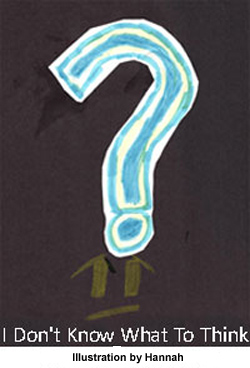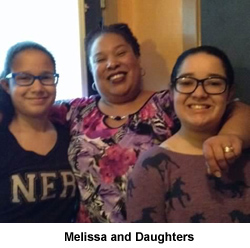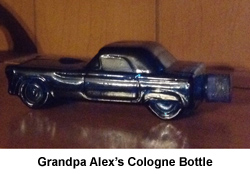
NOTE: See book giveaway opportunity at end of this post.
The last two weeks, Melissa Amodeo was my guest. She told two stories of grief in children as it pertains to the loss of a loved one. The first week, she wrote of her own child-hood grief in the death of her grandfather, Alex.
Years later, she was faced with having to lead her own children through 11 deaths in one year. Yes, you read right – 11 family members and friends died in those young girl’s lives, all in one year. The good news was: Melissa had been preparing them for death through their yearly Library Summer Reading Program. How wise this young mother was to add a book on death to their reading program. How many of us think to do that?
As I read her this heartwarming story about the Summer Reading Program with her girls, I couldn’t help but think what Norman H. Wright, author of Recovering From the Losses in Life, had to say:
Children are often overlooked in times of losses in their lives.
Probably, the number one reason is because the primary adult in the child’s life
just doesn’t know how to help them.
Thank God for the wisdom Melissa used in preparing her children about a reality of life. As she said, “they not only learned a lot about death, but about heaven, too.” No doubt when her girls ran head on into so many deaths in a short period of time, their mother had already helped build a foundation under them that, not only helped them grieve through those losses, but also were anxious to help their young friends who lost their father.
So, today, I would encourage you to get involved as Melissa did in a child’s life prior to a death if at all possible. One of the ways you can get involved is by preparing yourself to know the answers to some of the most common questions children might ask that will help satisfy their curiosity and confusion about death. These might include:
- Why do people die?
- What causes death?
- Where do people go after they die?
- What about me? When am I going to die?
- I did not always obey my Dad. Was it my fault he died?
- Since my Dad died, is it now my responsibility to take care of my mom?
- Sometimes I hear adults say when someone dies that they are just sleeping. When will they wake up?
- I heard someone say that it was God’s will and a part of His plan for my mom to die. Why would God take her from me?
- How can I tell my friends at school about my mom’s death?
- What is a funeral and wake?
Let’s face it — none of us know all there is to know about death. 1 Corinthians 13:12 says: “For now, we see through a glass darkly, then face to face; now I know in part.”
The word “NOW” in this verse means at the present time we are living here on this earth. Just like looking through a dark and dirty mirror, we can’t see everything clearly, we won’t know everything there is to know about death NOW in our present life.
However, we have a responsibility as caring adults to be open and honest to answer questions we do know about death, rather than making it a taboo subject. It helps the child feel comfortable in expressing his sadness.
As an incentive for you to prepare yourself to be able to answer questions a child might ask not only about death but also about bullying, moving, losses of pets and divorce, I would like to give away a copy of the Adult Reference Guide for Helping Hurting Children, which answers many of the questions about these different losses.
Should you like a chance to win the book, simply subscribe to this blog no later than Monday, March 23, 2014 by midnight Central Time. After the deadline I will have a drawing of all those who subscribed and the name pulled from the hat will receive the book. I will notify the winner via a comment on this post and by personal email.










